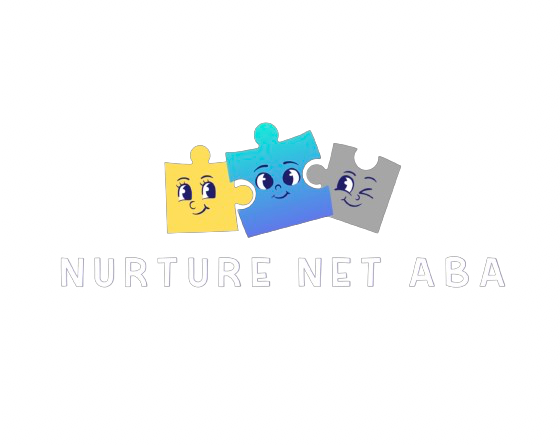PROFESSIONAL CONDUCT
The "Professional Conduct" section of the Registered Behavior Technician (RBT) exam assesses your understanding of the ethical guidelines and professional standards that govern behavior analysis practice. This section is crucial because it ensures that RBTs adhere to ethical principles and conduct themselves professionally while working with clients.
Here are some key areas covered in the Professional Conduct section:
-
Ethical Principles
Familiarize yourself with the Behavior Analyst Certification Board (BACB) Professional and Ethical Compliance Code for Behavior Analysts. This includes principles such as beneficence, non-maleficence, autonomy, justice, and fidelity.
-
Confidentiality
Understand the importance of maintaining client confidentiality and the steps to ensure privacy and data security.
-
Professional Boundaries
Learn about maintaining appropriate boundaries with clients, caregivers, and other professionals involved in the treatment process.
-
Scope of Practice
Understand the limits of your role as an RBT and when to seek guidance or supervision from a Board Certified Behavior Analyst (BCBA) or supervisor.
-
Documentation and Record Keeping
Know how to accurately and securely document client progress, session notes, and any incidents or concerns that arise during treatment.
-
Professional Development
Recognize the importance of ongoing professional development, including staying up-to-date with current research, attending trainings, and seeking supervision when necessary.
-
ABA Treatment Planning
Understand the process of developing behavior intervention plans (BIPs) based on assessment data and in collaboration with the BCBA.
-
Cultural Competence
Be aware of the importance of cultural competence and how it relates to providing effective and respectful treatment to clients from diverse backgrounds.
